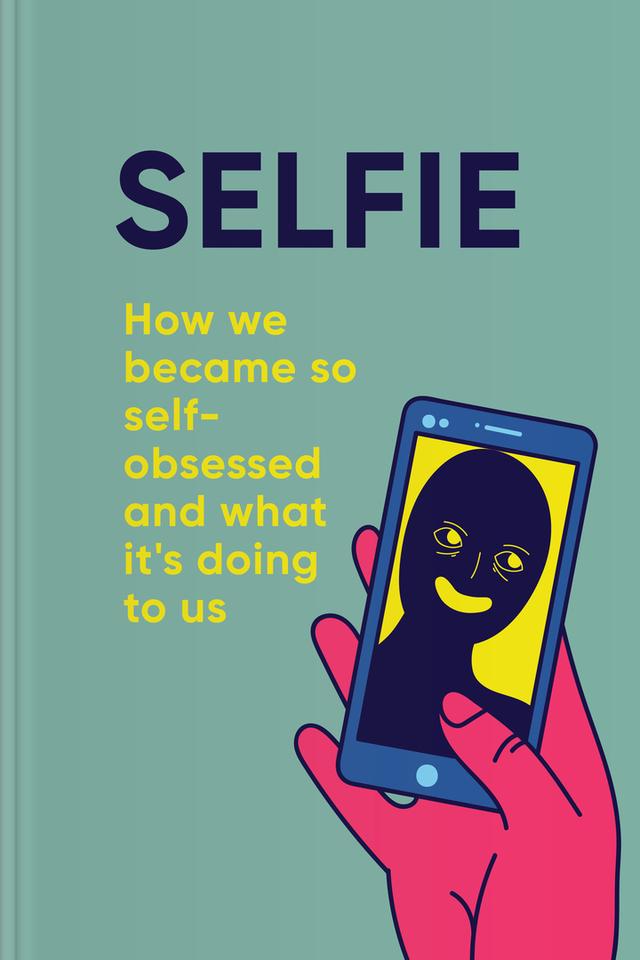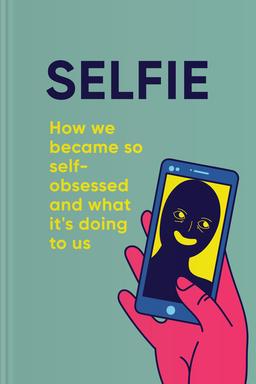You’ll learn
- Why perfectionism might be your worst enemy
- How social media affects the self-view
- How past beliefs influence us today
- About the risks of too much screen time
Protect the world’s peace. Donate to support Ukraine

first KEY POINT
The obsession with becoming flawless and exceptional has been the motivating force that has propelled humanity beyond the present's limitations. As is, people are eager to progress, which has compelled them to invent and innovate at a breakneck pace. These advancements have simplified daily living considerably, but also made it much more difficult and hazardous. Individualism and perfectionism, being some of the consequences of this desperation, have put humanity on a path to destruction if caution is not exercised.
Due to the excessive demand for people to be exceptional, individuals who fall short struggle to cope. Thus, one could ask, is it safe to strive for perfection? This bite-sized synopsis of one of the best-selling books on human psychology has the solution to your query.Will Storr’s writings on human psychology are influenced by his ability to integrate personal experiences and research into his arguments. His perspective on the effect of social media and the Internet on individuals has given a new dimension to self-validation. He thinks that it is all too easy to become caught in the whirlwind of phony lifestyles and showy possessions.The next chapters address the risks of seeking external approval and feeling insecure about one's physique. This information appeals to the intellect and reveals the unsettling reality about society and the shortcomings of social media platforms.
second KEY POINT
Human existence is propelled forward by the processes of self and culture. These two processes want for the person to be perfect and for life to be ideal, yet life is not perfect. Life is full of unforeseen contingencies and unplanned situations. Things won’t always work out the way you want it, and that can be very frustrating.Numerous people suffer from various forms of depression, and a significant portion of these individuals consider suicide. Humans are considered to be tough and powerful animals that are always striving to improve, be better, and persevere in the face of adversity. What, therefore, might make someone so depressed that they believe suicide is the best course of action?Debbie Hampton, a 40-year-old woman from Greensboro, North Carolina, died by suicide because she was unable to become the woman she desired. She had seen her parents split when she was 16, suffered from poor self-esteem, and had been referred to as a monkey at school by her classmates due to her gangly appearance. She had sworn to herself that she would never subject her children to what she had endured, but after marrying at 21, her marriage soon fell apart, and she became the single mother she had vowed not to become. Debbie killed herself with a mixture of 90 different tablets because she thought she had failed in life. Unfortunately, there are many individuals like Debbie who have lost hope and think that disappearing is the best way to resolve their issues.

Continue reading with Headway app
Continue readingfirst KEY POINT
second KEY POINT
third KEY POINT
fourth KEY POINT
fifth KEY POINT
sixth KEY POINT
seventh KEY POINT
eighth KEY POINT